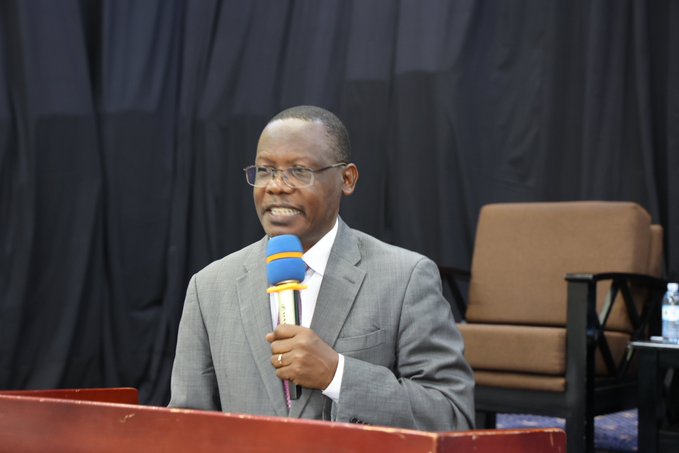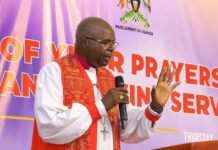
The Director of Methodology and Statistical Coordination services at the Uganda Bureau of Statistics (UBOS), James Muwonge, has emphasized the significance of gender statistics as a foundation for inclusive development.
Muwonge made these remarks during the 7th Annual Gender Statistics Forum 2024 on Thursday, November 21, 2024, at Silver Spring Hotel, Bugolobi, Kampala.
According to Muwonge, the forum aims to strengthen partnerships for investment in gender statistics, increase the use and uptake of gender statistics, increase compliance with gender and equity standards, and promote the use of technology and innovation, among other things.
Muwonge called for the support of gender statistics as an avenue for inclusive development before inaugurating the Annual Gender Forum.
“The forum creates awareness about the status of gender statistics,” he said.
The UN Resident Coordinator in Uganda, Leonard Zulu, applauded UBOS for maintaining Uganda as a continental reference for good practices on data/statistics.
He noted that gender-specific Sustainable Development Goal (SDG) indicators increased from 11 to 32 out of 54 by 2023.
Read Also: Build Inclusive Communities for PWDs—Ministry of Gender
However, Zulu said that challenges persist, including inadequate gender disaggregation, a lack of complete trend analysis, and operational and capacity gaps that hinder the generation of gender statistics.
He further stated that to address these issues, the forum participants called for policy and legal reforms, the adoption of advanced technology, and the inclusion of more data producers and users.
Sustainable Development Goal (SDG) indicators are used to measure progress on economic, social, and environmental sustainability.














